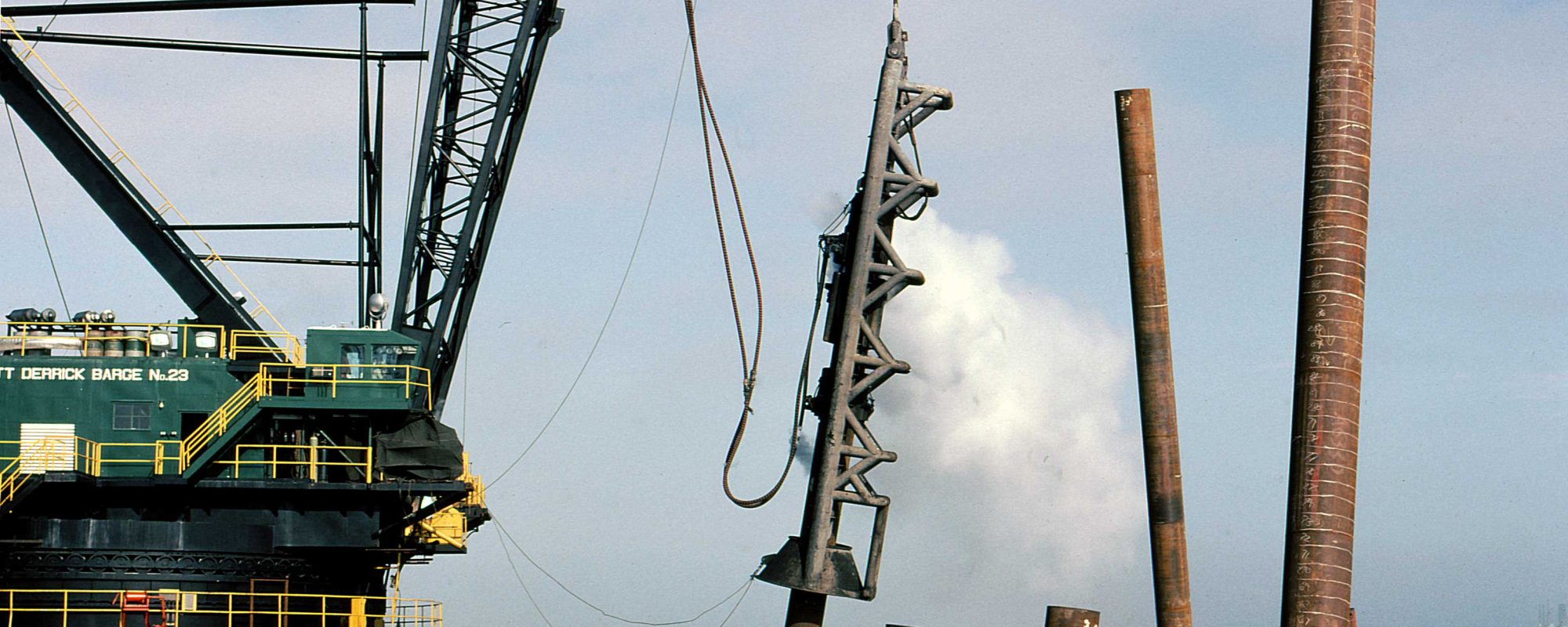The Iranians want to bypass the Suez Canal using their port at Chabahar:
The Iranian Chabahar Free Trade Zone Organization announced July 5 that trade connections to Mumbai, Hamburg and St. Petersburg will be made through Astrakhan (in Russia), Anzali and Chabahar (in Iran) and Nhava Sheva (in India) instead of the Suez Canal. This raises questions about the impact the move will have on the revenues generated by the Egyptian canal, a key source in an economy that has been deeply suffering from the coronavirus pandemic.
Vulcan seemed to have more than it’s share of “almosts,” but building the Port of Chabahar was one not of Vulcan’s own making.
The idea of a part at Chabahar started during the Shah’s time. It makes sense because Chabahar directly faces the Indian Ocean, which would allow them to export oil and conduct other commerce without having to do through the Straits of Hormuz, at the time (and to a lesser extent still) a choke point for the world’s oil supply coming from the Persian Gulf.
Brown and Root, Vulcan’s customer, anticipated involvement in the project, and given its size it was natural that Vulcan hammers would be used and perhaps a few more bought for the project. Vulcan was involved in another Straits-of-Hormuz-dodge project when its hammers were used in the construction of the port of Janbu on the Red Sea, in that case by its then-new customer Hyundai Heavy Industries.
Alas the Iranian Revolution came and both Vulcan and Brown and Root were booted from the project, delayed in any case but built later.
The idea of bypassing the Suez Canal with overland shipment through rugged Iran, as ingenious as the Iranians are, seems to be to be a stretch, but we’ll see.


